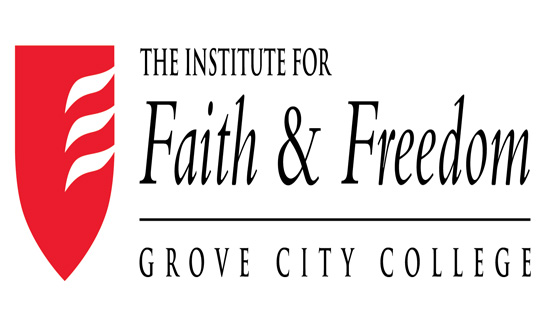Wasting Time
The proponents of the College and Career Ready Common Core standards often speak about how the standards will prepare our children to enter college or begin a career. And like all well-crafted marketing "talking points", their sales pitch sounds wonderful. After all, who wouldn’t want their children to be ready for college or a career?
As long as we don’t ask an actual question and expect an actual answer, everything is great.
For example, the document, What Does it Really Mean to be College and Work Ready?, published by the National Center for Education and the Economy in May 2013, states that, in math, being "ready" means completing Algebra I by the end of the 10th grade. The writers explain their position by asserting:
The high school mathematics curriculum is now centered on the teaching of a sequence of courses leading to calculus that includes Geometry, Algebra II, Pre-Calculus and Calculus. However, fewer than five percent of American workers and an even smaller percentage of community college students will ever need to master the courses in this sequence in their college or in the workplace.
So, if a student does not need higher math for his career, it is a waste of time to teach it to him, and can even make it harder for him to complete high school at all. It is only reasonable, then, to slow math instruction down – which Common Core in fact does.
The marketing is certainly well done.
But marketing does not change reality and our children live in reality. So let’s ask some actual questions.
Question 1: Who determines which of our children will be in the 5% that are allowed to take Algebra I early enough to reach Calculus in their senior year?
Question 2: How will that determination be made?
Question 3: When will that determination be made?
Question 4: What happens to a child who has not been selected to take the math sequence that leads to Calculus, but wants to do so anyway?
Question 5: What happens to a child who is a "late bloomer" – one who began school badly but caught fire sometime in middle school or early high school?
Question 6: If early math progress is slowed down to prepare for this "Algebra I by the end of 10th grade" sequence, how will any child be able to reach Calculus by the end of high school?
Question 7: Does this approach mean that getting an engineering degree will now take 6 years instead of 4?
Thus far, not one of these questions has been addressed by the Common Core marketers. But every one of them is a logical consequence of their stated strategy. And every one of them directly, and dramatically, can affect the future of a child.
The proponents of Common Core need to stop wasting OUR time with marketing bullet points and honestly answer real questions about their programs. Our children need, and deserve, no less.




